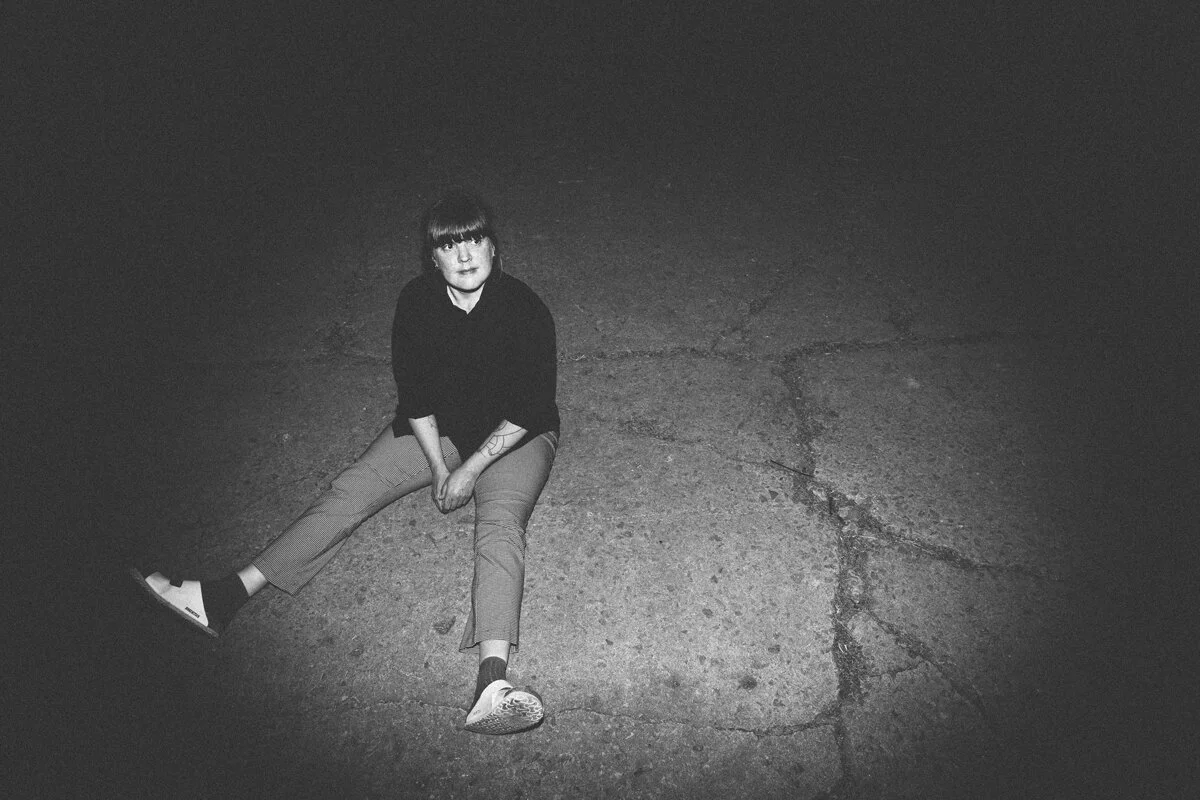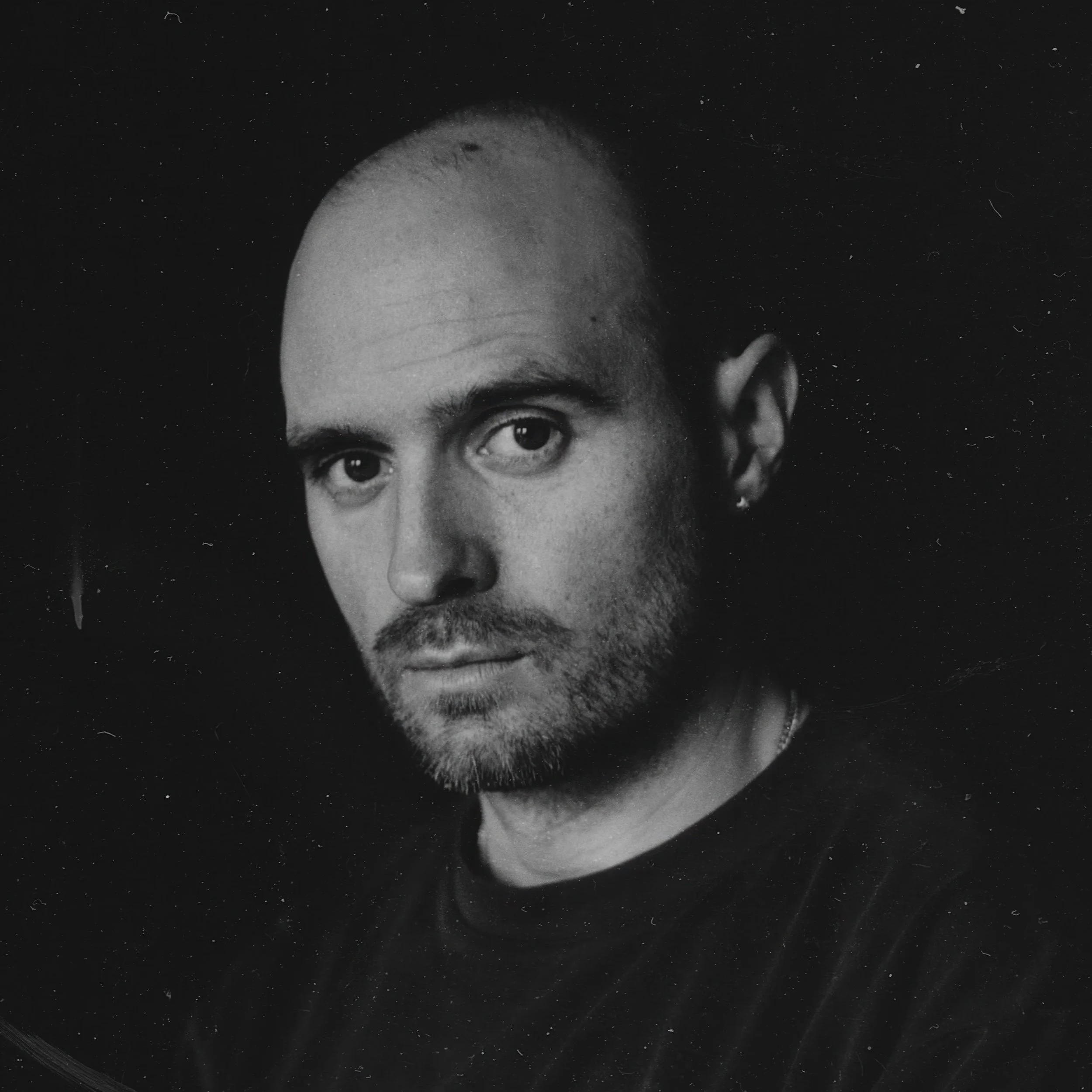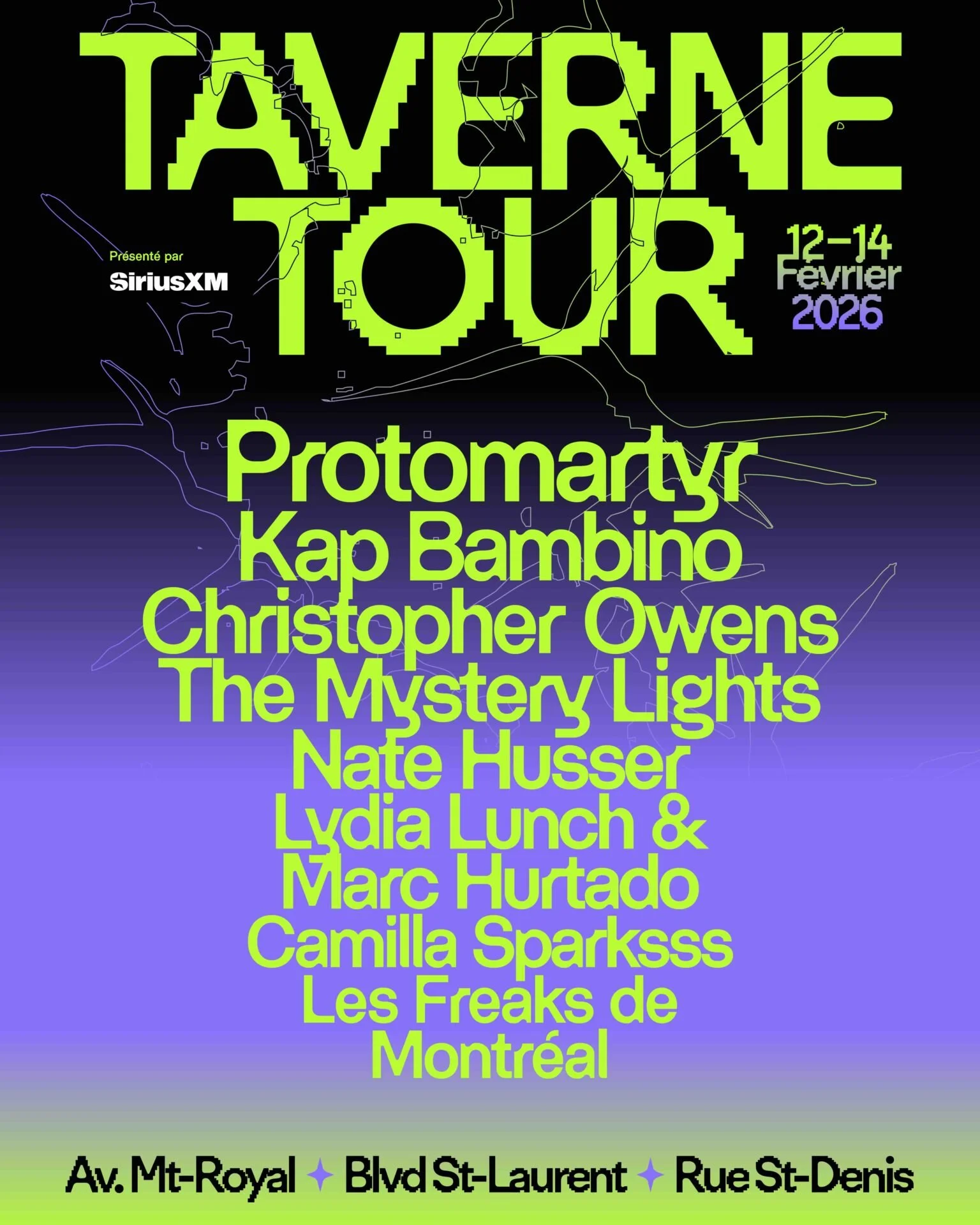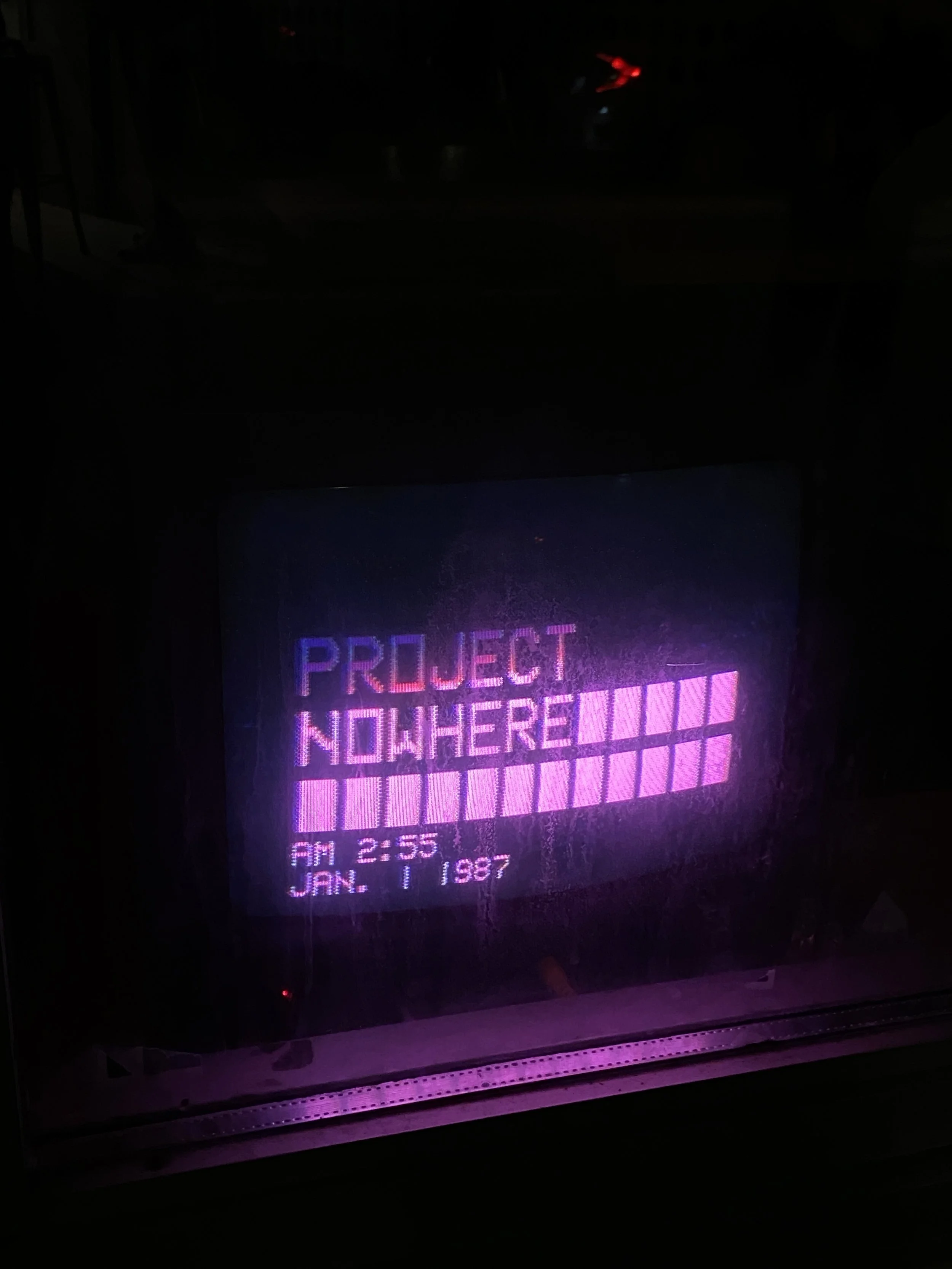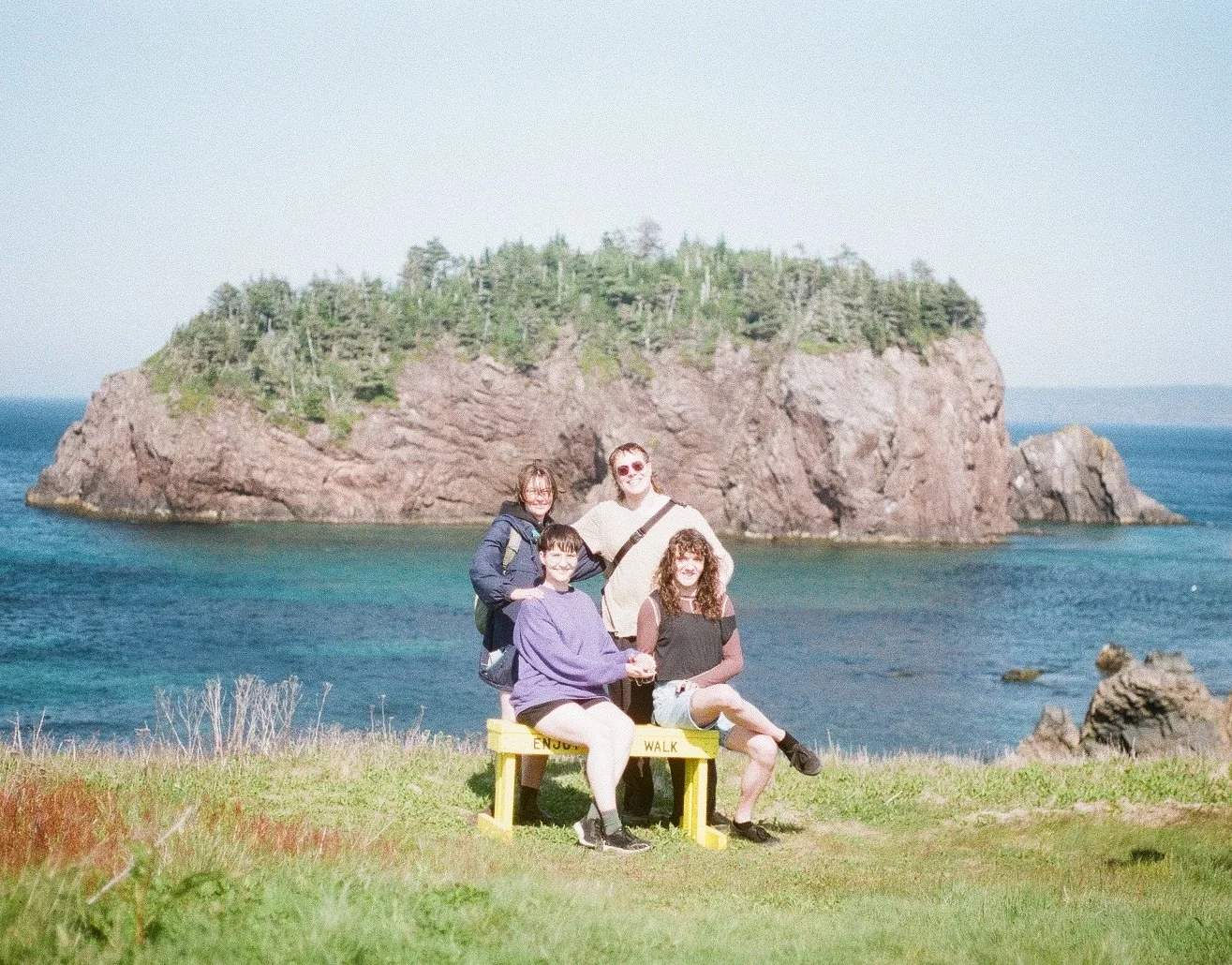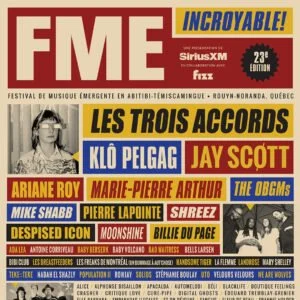Hélène Barbier Shares Sophomore Album "Regulus," Talks Music-Making, Space Debris, and More
Hélène Barbier, known for her wonderfully juxtaposed tunes, has released her sophomore album Regulus on Michel Records and Celluloid Lunch. Playfully off-kilter and complex, the melodies sound like alien tunes conjured in someone else’s psyche across time and space. With imagery ranging from a flowering cactus to dimly-lit tunnels, the album explores Hélène’s strange and beautiful world.
We caught up with Hélène a few weeks ago to chat about her new album, her music-making process, and more.
Malaika Astorga for Also Cool: I always like to start by asking people how they want to be described as artists, in general.
Hélène Barbier: I actually became a musician by chance. I had two friends who wanted to form a band, and the three of us were motivated enough to play an instrument, so that's how it started. We formed a band called Moss Lime, and another friend from GASHRAT asked us to open for them even though we only had two songs. She told us to write two more, and we could play the show, so that's what we did.
Now that I'm performing under my own name, I really couldn't have imagined what it would be like. I make pop music, and it doesn't bother me that I make pop, even if it's minimal or haphazard, because I'm not a musician by training. I like artists who are like this, and I'm also learning a lot as I go.
Also Cool: I'm interested to know what your experience has been like in Montreal. It's changed so drastically even in the time I've been here, and it can be so special in that way where your friends can just pull you into a band.
Hélène: I was really lucky with Moss Lime. Even if it was very modest, we were lucky to have a European agent who helped us tour Europe and booked us a lot of gigs. I had already started making music for my solo project, but I was still intimidated to do it. That being said, I was really excited to have carte blanche what I was making.
We started our label during the pandemic because we thought nothing would be happening for a while, so we thought, why not put out music from people we love
Photo by Dominic Berthiaume
AC: Yeah, how did the label (Celluloid Lunch) start? Did you learn as you went, or did you already have a sense of that side of the industry?
H: Joe knew a bit from working at a music distribution company. I worked in the music copyright sphere. I think it is essential that artists understand this and understand its importance for their work
AC: I have a kind of silly question; I think just because I miss going to shows, but what's your favourite Montreal venue and why?
H: Brasserie Beaubien. It feels like home, even though it's been so long now. You can see so many different styles of music there. I miss it a lot.
AC: Yeah, me too. It feels like a space where different generations and kinds of people can mix and meet freely.
H: Many people show up not knowing what's going on, but they're willing to give the music a chance regardless of what it sounds like.
AC: Let's talk about the sound of the album and your music. You have such a distinct sound, and it's so easy to immediately trace it back to your earlier projects. To me, it sounds like Montreal in 2015 and what's now called angular post-punk. It sounds like discovering all the after-hours etc.
What was it influenced by? Whether it be artists or experiences?
H: I really wanted this record to be more polished, but I realized I haven't quite achieved this yet, and what makes my music interesting are the little mistakes. If I polish it, it sounds more boring.
I really try to embrace that, and with each take, I try something different. I think the sound comes from playing by myself, with myself all the time. Then when I go to the studio to record, it comes out different from what I had initially done. It's constantly evolving. There's a lot of room for accidents.
I don't mind for it to be a testimony of one day like this song sounds like this day in particular. So far, it's good enough for me to keep it spontaneous.
AC: I think there's a lot of value in the insight that comes from organically making something on the spot and leaving it that way forever.
H: Yeah, and if someone tells me I really don't know what I'm doing, I feel very at peace with that. It doesn't have to be technically perfect. I know that I'm not hurting anyone by experimenting. It feels special to me, which is enough.
AC: You've collaborated with quite a few musicians for this project. Can you tell me about the collaborative process and how these people came together?
H: Thomas has played with me for a while, and he's always very enthusiastic. He came on the European tour two years ago and has been a part of the band since.
Samuel is on the record as well, and it's because when we came back from the tour, Thomas stayed for a little longer in Spain. During that time, I was offered to play a show at Casa, and I really wanted to do it because it was with a band I really liked. I asked Sam to play, and he was game, and he joined the record after that.
AC: Can you speak to the lyrics and some of the album's meaning as a whole?
H: I would say that there are different layers to it. Regulus is one of the brightest stars of its constellation, but it's a star made of space debris. So it's one of the shiniest stars but one that is the least previous. It's not because you shine the most that make you the most valuable. In other words, the one who takes the most space can be the most garbage, which is kind of inspired by people like Trump.
AC: The last thing I wanted to ask is what you're looking forward to this and next year. What you're looking forward to seeing in the music and arts scene?
H: I'm really looking forward to all the new bands and listening to all different sorts of music.
One of the good things I did during the pandemic I listened to music I would not naturally go to. For example, I've started listening to more electronic music. It's very new for me and super sweet. Actually, earlier today, I was with Gayance and a few other people for a journalist. I was listening to her music, and it's really amazing.
Hélène Barbier
Bandcamp I Spotify I YouTube I Facebook I Instagram
Malaika Astorga is the co-founder of Also Cool. She is a Mexican-Canadian visual artist, writer, and social media strategist currently based in Montreal.


